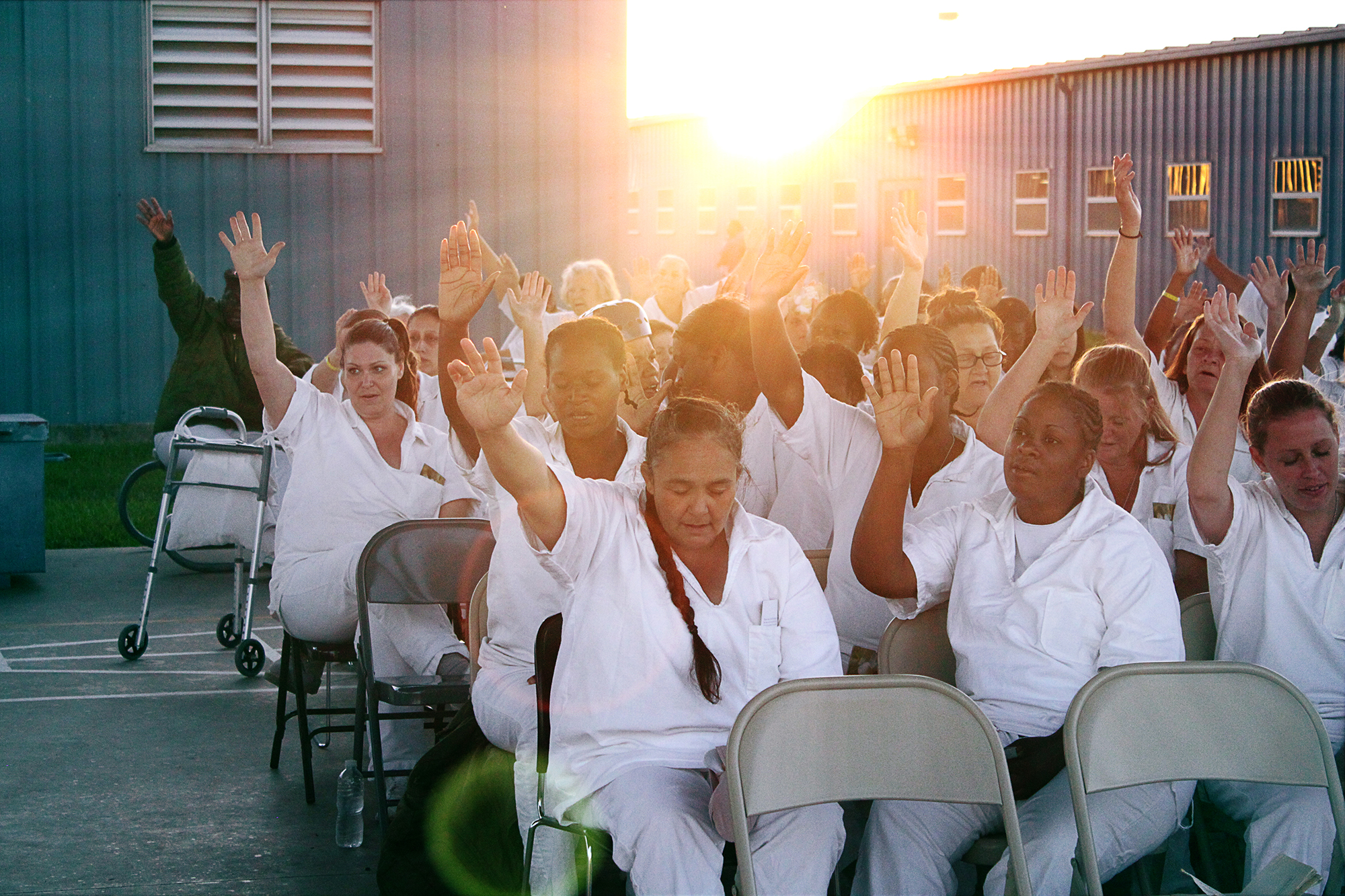In the realm of personal growth and self-discovery, what insights can one truly glean from the depths of confinement? This paradoxical question beckons reflection on the transformative power of adversity, particularly within the tapestry of Baha’i teachings. The following exploration aims to elucidate the integral lessons derived from incarceration, viewed through a Baha’i lens.
The Baha’i Faith emphasizes the intrinsic nobility of the human soul and the potential for spiritual elevation through trials. This perspective is vividly underscored in the writings of Baha’u’llah, which urge adherents to see every tribulation as a means of spiritual refinement. In this context, a prison sentence—often perceived as a punitive measure—can metamorphose into an opportunity for profound personal enlightenment.
One of the foremost lessons learned in prison relates to the concept of perseverance. Facing the austere reality of confinement, individuals are often compelled to adopt resilience as a survival mechanism. The Baha’i teachings advocate for unwavering faith, encouraging individuals to cultivate unwavering trust in the divine plan, albeit in periods of uncertainty. Such steadfastness does not merely serve as a means to endure, but rather as a potent catalyst for character development.
Moreover, the solitary nature of imprisonment fosters an environment conducive to contemplation. Baha’is hold the practice of reflection in high regard, often engaging in deep meditation on spiritual texts. This reflective process magnifies one’s awareness of the divine attributes and fosters an understanding of personal shortcomings. A life devoid of external distractions is fertile ground for introspection, allowing for a nuanced examination of one’s beliefs, actions, and aspirations. In this stillness, the capacity for self-improvement is magnified, revealing latent potentials often overshadowed by the clamors of everyday life.
Interpersonal relationships, too, are profoundly impacted during incarceration. The Baha’i teachings underscore the importance of unity and the bonds of fellowship. While physical separation from family and friends might occur, the emotional and spiritual connections can be nurtured in other ways. In-prison interactions often highlight the necessity of compassion and kindness, qualities that are pivotal to the Baha’i understanding of social harmony. Those confined can learn to foster empathy towards fellow inmates, recognizing shared human experiences, and forging connections that transcend their physical circumstances.
In the absence of conventional societal structures, prisoners may also encounter the challenge of societal prejudices and stigmas. This can serve as a poignant reminder of the Baha’i principle of equality, where superficial measures of worth, such as social status or past transgressions, dissolve in the face of divine love. The experience of marginalization can catalyze a deeper understanding of justice and equity. These insights compel individuals not only to seek redemption for themselves but also to advocate for the dignity and worth of others, regardless of their past. This reformation highlights the interconnectedness of humanity—an essential tenet of Baha’i belief.
Furthermore, the themes of forgiveness and reconciliation emerge vividly in the crucible of confinement. Prisons often house individuals grappling with anger, betrayal, and resentment—emotions that the Baha’i teachings urge individuals to transcend. Learning to forgive oneself and others can be one of the most liberating experiences, fostering a sense of personal agency that empowers former inmates to reclaim their lives. This journey towards forgiveness is, paradoxically, a pathway to liberation, both spiritually and emotionally.
In addition to forgiveness, the act of service emerges as a paramount lesson. Prisoners often discover their capacity to contribute positively to the lives of others, whether through educational programs, peer support networks, or artistic endeavors. The Baha’i ethos places significant emphasis on service as a means of personal growth and social empowerment. Finding purpose in service can transform feelings of despair into a sense of belonging and responsibility, igniting a passion for community contribution that carries beyond prison walls.
The importance of education cannot be overstated either. Comprehending the Baha’i teachings on the power of knowledge encourages incarcerated individuals to view this period not as a dead end but as an opportunity for intellectual and spiritual education. Education, as advocated by the Baha’i Faith, is a pillar of personal and societal advancement. Engaging with literature, spiritual texts, or vocational training can serve to cultivate not only the mind but also the spirit, imbuing one’s confinement with meaning and intention.
Lastly, the notion of hope stands as a beacon amidst the trials of imprisonment. The Baha’i Faith teaches that hope is a fundamental element of human existence; it nurtures the soul, sustaining it through tribulation. As individuals grapple with the realities of their confinement, the cultivation of hope becomes essential. This hope is not naive; it is a grounded belief in the possibility of transformation, reinvigoration, and eventual freedom. It embodies the tenet that while one may be physically incarcerated, the spirit can soar unencumbered.
In reflecting on these lessons learned from a Baha’i perspective, one may pose an intriguing question: How can we harness the wisdom gleaned from adversity to foster a more compassionate and just society? This inquiry unveils the perennial challenge of translating personal insights into collective action. It beckons not only those who have experienced the confines of prison but also society at large to consider how adversity can serve as a crucible for growth and connection. Ultimately, the teachings of the Baha’i Faith illuminate a path toward not only personal salvation but also communal harmony, suggesting that through understanding and embracing our shared struggles, we can nurture a world imbued with love, justice, and unity.
